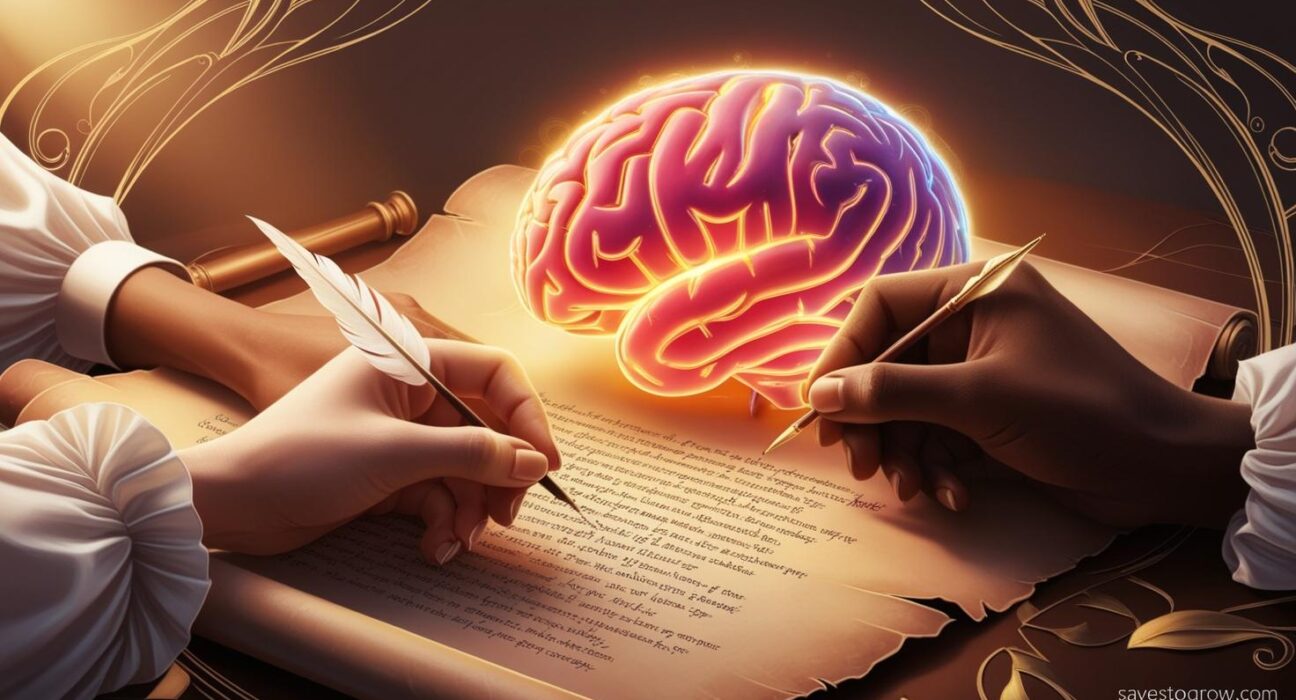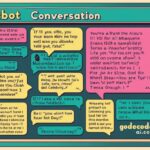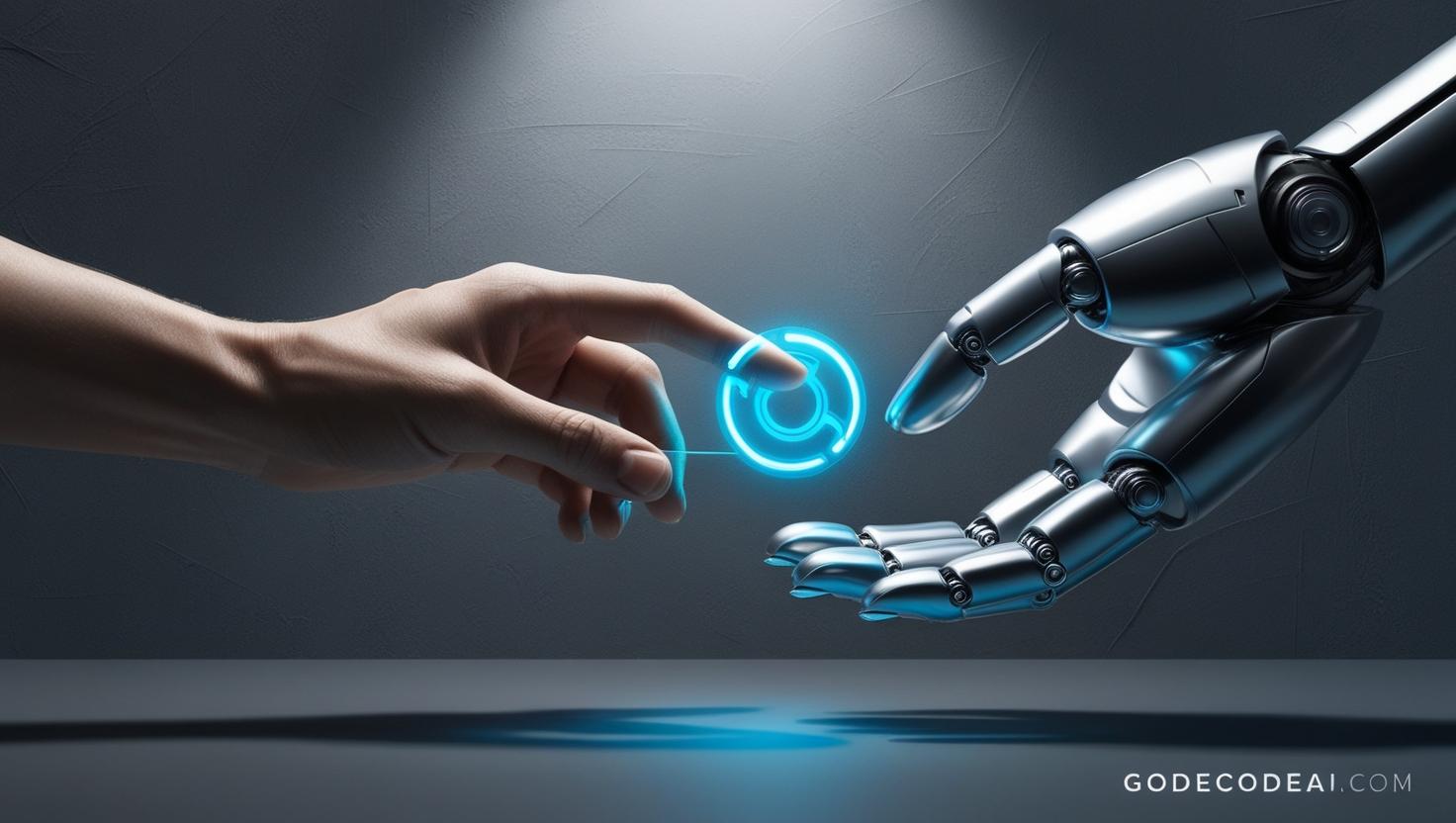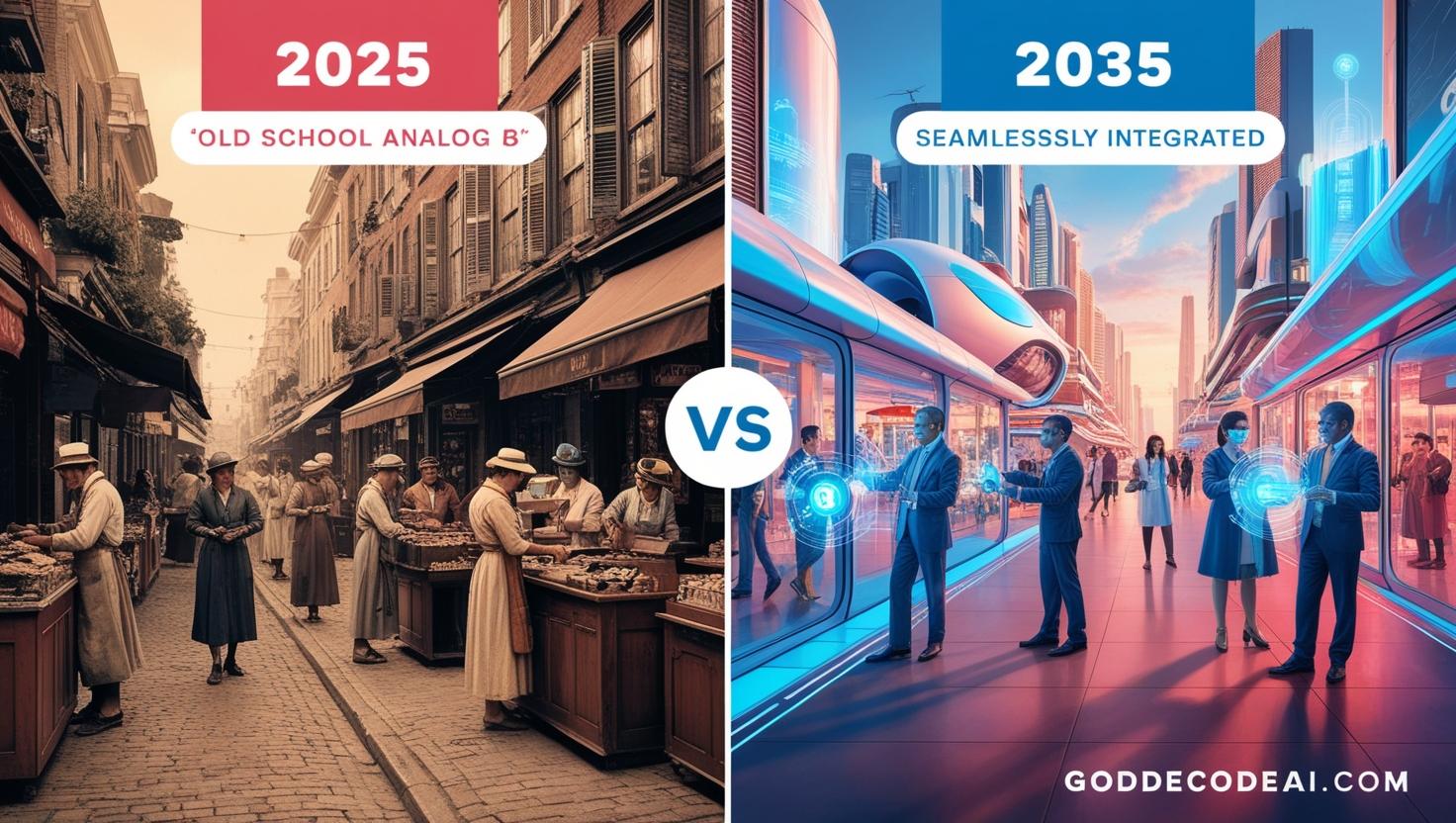Can a Machine Capture the Human Soul?
Poetry is the most human of art forms.
It’s where we strip down our emotions, thoughts, and experiences, turning them into carefully chosen words, rhythms, and metaphors.
But here’s the question we’re grappling with today:
Can Artificial Intelligence write poetry that rivals a human’s?
In an age where AI has already written entire novels, created visual art, and composed music, poetry seems like the final frontier.
But, is it possible for a machine—devoid of consciousness, emotions, and a life to live—to truly capture the essence of the human experience in verse?
Let’s dive in and explore.
2. The Rise of AI Poetry: How It Works
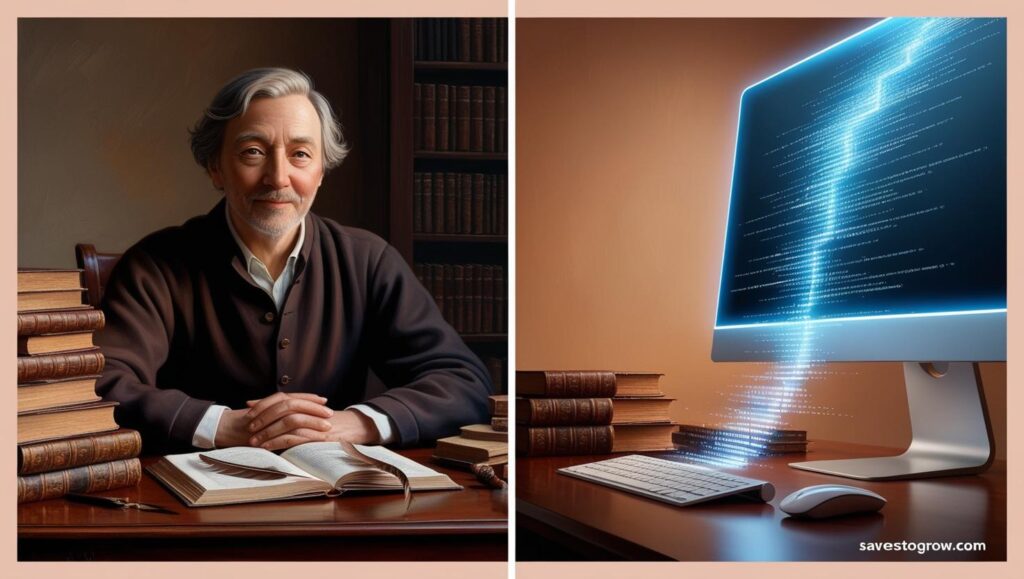
To understand AI’s approach to poetry, we first need to look at the technology behind it.
Programs like GPT-4, Poet AI, and DeepAI use machine learning algorithms that analyze vast datasets of poetry, literature, and text to understand how words flow and connect.
AI poetry creation works like this:
- Data Feeding: AI models are trained on millions of poems, identifying patterns in structure, rhythm, rhyme schemes, and themes.
- Text Generation: AI uses these patterns to generate text based on prompts provided by the user. The results can be surprisingly coherent and sometimes eerily emotional.
It’s like feeding a machine the works of every poet who’s ever lived, and then asking it to create something new based on that accumulated knowledge.
But here’s the rub: AI doesn’t understand emotion.
It doesn’t feel the words it generates.
Yet, some AI-generated poems are indistinguishable from human-written ones.
3. The Human Advantage: Emotions, Experience, and Authenticity
So, what sets human poets apart from their digital counterparts?
🧠 Consciousness and Experience
Humans write poetry from lived experience—joy, heartbreak, wonder, grief—and the complex emotions that come with them.
We don’t just write words; we pour our very selves into our work. A poet’s life shapes their poetry, making it raw, authentic, and alive with real human depth.
AI can analyze patterns in human expression, but it doesn’t experience the world. It doesn’t have a mother to lose, or a lover to meet.
Its poetry is data-driven, often calculated, and devoid of the visceral, tactile emotions that make human poetry so real.
✨ The Human Touch: Creativity, Flaws, and Imperfection
Humans embrace imperfection. Our writing might be unpolished at times, but it carries heart. It’s through our flaws that we sometimes create the most beautiful and unpredictable lines of poetry.
AI, by design, aims for perfection. While it can create technically flawless verse, it may struggle to capture that rawness—the sudden, chaotic beauty that comes from human vulnerability.
🔄 The Relevance of Context
Context is key in poetry. A poet’s political beliefs, cultural background, personal history, and current worldview influence their work.
Human poets are constantly reacting to the world—whether it’s the state of the environment, political unrest, or the complexities of personal relationships.
AI, on the other hand, is confined to its training data. It can mimic cultural references but lacks personal relevance in its poetry.
4. What AI Gets Right: Surprising Creativity and Versatility

Though AI may never match the soul of human poetry, there’s something undeniably intriguing about the work it can produce.
✅ Technical Precision
AI can generate poems that follow strict forms—like sonnets or haikus—down to the last syllable. It doesn’t make the same mistakes a human poet might when working within these forms, which can be a great asset for those looking for a structured, polished piece.
✅ Endless Possibilities
AI can quickly explore a wide range of styles, creating anything from traditional poetry to experimental verse. Want a poem in the style of Sylvia Plath? AI can do that. Prefer something abstract, like an e.e. cummings piece? AI’s got it.
The ability to mimic the styles of great poets is a game-changer for writers, giving them inspiration and new ideas at the click of a button.
✅ Personalization
AI can also tailor poems to specific prompts, writing about particular themes, emotions, or events. It can adapt to a user’s needs—creating a poem about loss, love, nature, or even the future.
5. Can AI Replace Human Poets?
The burning question remains:
Can AI replace poets?
The short answer: No.
While AI can generate poems that are stylistically impressive and occasionally emotionally evocative, it lacks the depth and authenticity of human poetry.
AI poetry is like a highly skilled mimic.
It can imitate and even innovate within parameters, but it can’t live the experiences that human poets draw from. It doesn’t have the personal story that makes poetry resonate on a soul-deep level.
However, this doesn’t mean AI has no place in poetry.
AI-generated poetry can be a tool for inspiration, idea generation, and even collaboration. It might not replace poets, but it can be a powerful companion in the creative process.
6. The Future: AI as a Co-Creator, Not a Competitor

Here’s what the future of poetry might look like:
🤖 Poetry Bots: Co-Creators with Humans
Imagine a world where poets partner with AI. You provide the vision, the emotion, and the raw material, and AI helps you refine, structure, and even push the creative boundaries.
AI could be your assistant—not your competitor.
📝 AI as a Source of Inspiration
Sometimes the hardest part of writing is getting started. AI could be the spark of inspiration you need to create something truly unique, while you add the human touch that makes it unforgettable.
🌍 Global Poetry Generation
AI could help democratize poetry, allowing people from all over the world to create and share their work, even if they lack traditional literary training.
7. FAQs
Q: Can AI create truly original poetry?
AI can generate poetry that appears original, but it’s ultimately based on patterns found in existing texts. It doesn’t invent concepts from scratch in the way humans do.
Q: Can AI’s poetry be emotional?
AI can generate poems that seem emotional, but they lack the lived experience behind the words. They simulate emotion but don’t feel it.
Q: Will AI replace human poets?
No. While AI can assist and inspire, it cannot replace the authenticity, creativity, and emotion that human poets bring to their work.
Q: Is AI-generated poetry valuable?
Absolutely. It offers new perspectives, serves as a creative tool, and can even lead to new genres or hybrid forms of poetry. But it’s a complement, not a replacement.
8. Final Thoughts: The Heart of Poetry Will Always Be Human
AI-generated poetry is impressive—but at its core, it’s just an algorithm spinning words together.
Human poets, however, write with purpose, emotion, and soul—and that’s something no machine can replicate.
Poetry isn’t just about stringing words together. It’s about sharing experiences.
It’s about feeling and being. AI may mimic, but it can never truly be.
In the end, poetry will always belong to humans—AI will merely be the tool we use to express our ever-evolving human condition.



